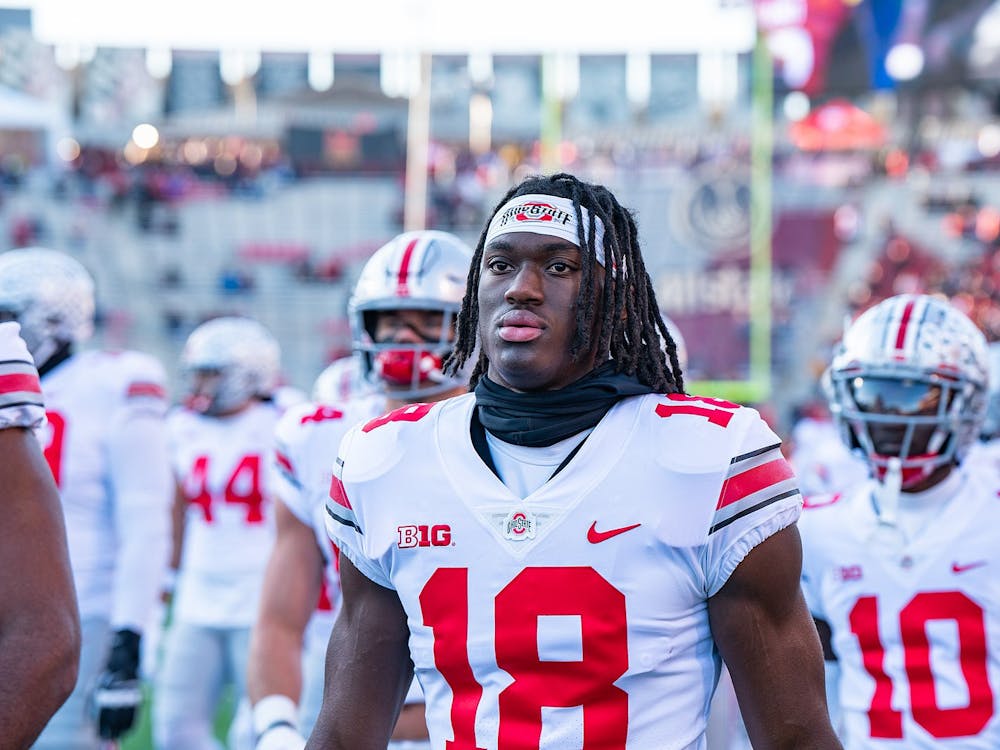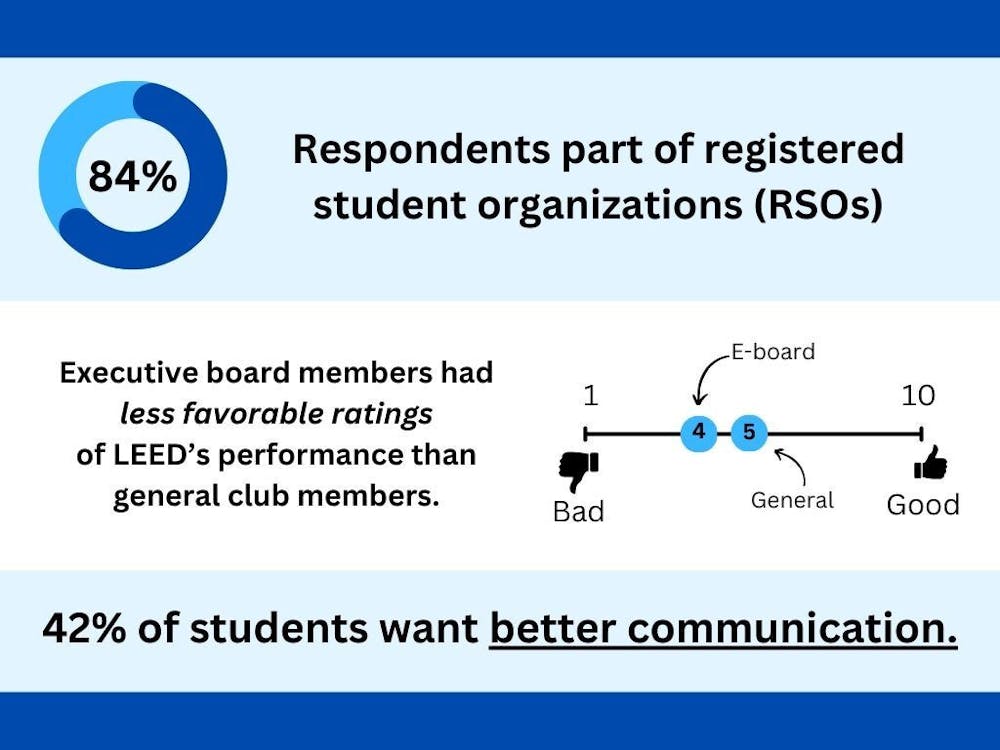The Writing Seminars Department presented one of the world’s foremost experts of Irish literature, literary critic Denis Donoghue, in the latest installment of the Turnbull Lecture Series on Tuesday evening in Gilman Hall.
Donoghue is Professor Emeritus of English, University Professor and Henry James Professor of English and American Letters at New York University. He has earned degrees from University College Dublin, Royal Academy of Music and the University of Cambridge before becoming a professor at both UCD and NYU.
Donoghue gave a passionate and thorough lecture demonstrating his unique criticism process by analyzing American poet Elizabeth Bishop’s literary works. Reading and dissecting several of Bishop’s poems aloud, his analysis included the incorporation of various details of her life and weaving them subtly into her poems.
Bishop is known widely as a former U.S. Poet Laureate as well as a Pulitzer Prize and National Book Award winner. Donoghue began the lecture with an intricate analysis of Bishop’s “Poem.” It was evident that he savored the detailed images and ideas.
“‘Poem’ begins as many of Bishop’s poems do: something that she is inclined to pay attention to,” Donoghue said.
He described the color of her language, her personality, the meaning of her lines and often emphasized the feeling of the words.
“The ‘firstness,’” Donoghue said. “What matters is the first energy, the rhythm, the first shape of the mind thinking.”
Other poems by Bishop that he chose to analyze included “Cape Breton,” “Song for the Rainy Season” and “North Haven.”
“This whole issue of what we get for free and what we get for knowledge, we have to buy,” he said. “We live, of course, in an instrumental culture. Virtually every one of our practices has to justify itself of ‘What’s the good of it? What’s the difference?’”
Relating the lecture to what people get for free versus what they pay for, Donoghue closed by relating Bishop’s style to modern society.
“Such a conditional freedom [as seen with Bishop] would change our society,” he said.
Unlike most readings featured in the Writing Seminars Department that aim to focus on quiet reflection, Donoghue’s lecture was designed to add a more analytic, thought-provoking perspective.
“With any critical work or work of criticism, I think the goal is really the appreciation of the work,” David Yezzi, Writing Seminars faculty member and one of the lecture’s organizers, said. “I felt that Denis is so polymathic and brilliant in terms of literature, that he has so many poems and can hear illusions in his head. He was able to talk about Bishop’s work, which made it even more affecting and clearer, stronger, and allowed us into the poems in a way that allowed us to feel their brilliance.”
Yezzi is a renowned and prolific writer himself, having worked with Donoghue on several projects. He teaches narrative poetry from Homer to the present and on the dramatic element in lyric poetry in the Writing Seminars program.
After the lecture, listeners still carried with them a sense of fascination for Donoghue’s insights. Among the affected audience members was Shirley Brewer, a locally-based poet and teacher at the Baltimore Actors’ Theatre Conservatory, a private school in Baltimore County.
“It was stupendous,” Brewer said.
Donoghue’s latest book, Metaphor, takes a detailed and focused approach to understanding the titular, classic literary device used by almost every poet. Also taking into account other forms of figurative language, Metaphor allows Donoghue to meditate on the overlooked importance of comparative imagery.
His analysis has been described as especially beautiful and significant by critics and readers alike.
“[A] subtle and engrossing new book... Full of wild and beautiful examples,” Michael Wood of The Irish Times called it.
“One of the more important books written by an Irish author so far this century... [Donoghue’s] magnum opus,” Mark Patrick Hederman from The Furrow proclaimed.
His other books include Words Alone: The Poet T.S. Eliot (Yale 2000), Adam’s Curse: Reflections on Literature and Religion (Notre Dame 2001), Speaking of Beauty (Yale 2004), The American Classics (Yale 2005) and On Eloquence (Yale 2008). His daughter, Emma Donoghue, is also a celebrated literary figure and is the author of the award-winning book, Room.
The Turnbull Lectures are a semi-annual series of lectures focusing on the 20th century. All of the lectures focus on poetry. Previous lecturers include T.S. Eliot, Jacques Derrida, Marianne Moore, Harold Bloom and Robert Frost.
The lectures were named after Percy Graeme Turnbull who was from a widely influential Baltimore family known in literary and artistic circles. Among them were Francese Turnbull (1845-1927), who established the Woman’s Literary Club in Baltimore in 1890, Lawrence Turnbull (1821-1900), a publisher, and their children.
In the wake of his sudden death in 1887, the Turnbull family approached the University to fund the lectures of renowned poets and scholars.
Since their inception in 1891, the Turnbull Lectures have continued with brief interruptions during both World Wars and from 1984-1996. Since then, they have been run by the Writing Seminars Department. There’s no price for admission.
Although this is the final reading in the Turnbull Lecture Series this spring, the Writing Seminars Department’s regualr reading series continues Tuesday, Feb. 24 in Gilman 50. This lecture will feature Alumni poetry readings from former graduate and undergratue Hopkins students Anne Marie-Thompson, Leslie Harrison and Natalie Shapero.















Please note All comments are eligible for publication in The News-Letter.